 Challenges and remedies for manufacturing cell therapies at scale
Challenges and remedies for manufacturing cell therapies at scale
Cell therapies have the potential to cure human diseases rather than just treat the symptoms, and they are potentially life-changing if they can be administered early in a patient’s lifetime. Read More
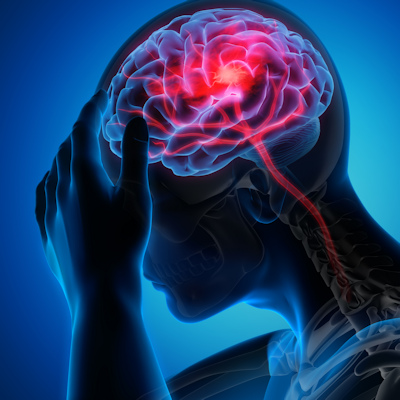 Biomarker for increased stroke risk among Black adults
Biomarker for increased stroke risk among Black adults
Researchers have identified a lifestyle-related metabolite biomarker called gluconic acid that is associated with high blood pressure and increased ischemic stroke risk among Black adults. The research will be presented at the American Stroke Association’s International Stroke Conference, to be held in person and virtually February 8-10, 2023. Read More
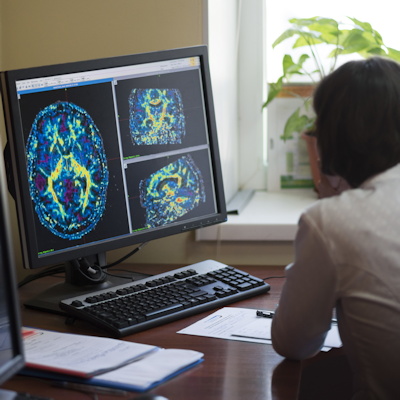 Machine learning finds potential brain cancer drug targets in multi-omics dataset
Machine learning finds potential brain cancer drug targets in multi-omics dataset
Researchers have applied machine learning to a multi-omics dataset to identify the kinases that drive tumor growth and drug resistance in certain types of brain tumor. Read More
 Early detection models may predict autism in infants
Early detection models may predict autism in infants
A diagnostic study of an autism screening test in 45,000 children showed clinically accurate health record-based autism detection in 30-day-old infants, which further improved in one-year-old children. The research, published February 2 in the journal JAMA Network Open, indicates that this automated approach could be integrated with caregiver surveys to improve the accuracy of early autism screening. Read More
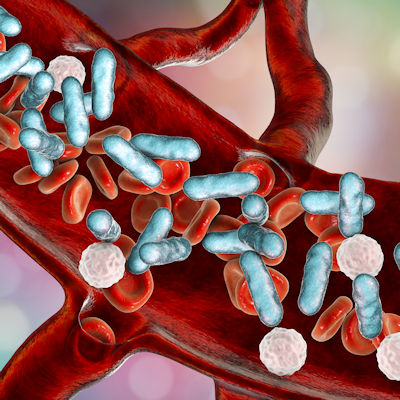 Sepsis increases heart failure, rehospitalization risks following hospital discharge
Sepsis increases heart failure, rehospitalization risks following hospital discharge
A new study found that people hospitalized for sepsis or who developed it while hospitalized were at greater risk for heart failure, rehospitalization for any cause, or death within 12 years than hospitalized patients who did not have sepsis. The research, published February 1 in the Journal of the American Heart Association, points to the potential value of implementing cardiovascular prevention strategies following hospitalization with sepsis. Read More
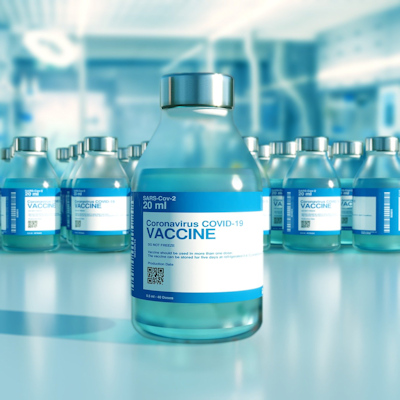 Study suggests immune response to anticancer checkpoint inhibitors unaffected by COVID-19 vaccination
Study suggests immune response to anticancer checkpoint inhibitors unaffected by COVID-19 vaccination
Immune checkpoint inhibitors perform comparably in vaccinated and unvaccinated individuals, allaying concerns that injections given to protect against COVID-19 will interfere with cancer treatment. Read More
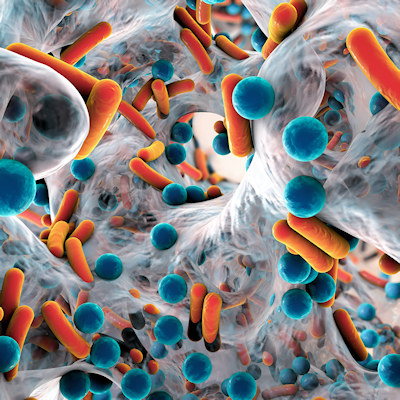 Researchers find hidden bacteria that pose antimicrobial resistance risk to hospital patients
Researchers find hidden bacteria that pose antimicrobial resistance risk to hospital patients
Researchers from Amsterdam University Medical Centers (UMC) have found that carriers of specific hidden bacteria have a 14% chance of developing an antibiotic-resistant infection within 30 days of hospitalization. The research, published January 30 in the Lancet Infectious Diseases, studied patients who were unknowingly carrying the multidrug-resistant Gram-negative bacteria, a major cause of urinary tract infections and sepsis. Read More
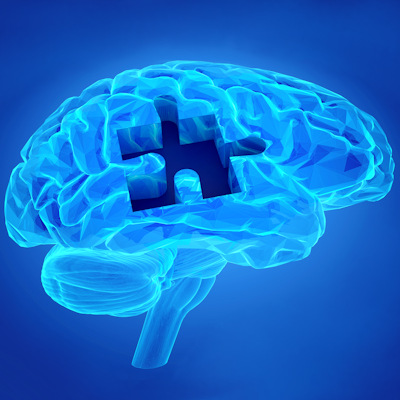 Test may predict Alzheimer’s 3.5 years before diagnosis
Test may predict Alzheimer’s 3.5 years before diagnosis
King’s College London researchers have developed a blood-based test that could be used to predict the risk of Alzheimer’s disease up to 3.5 years before clinical diagnosis. The study, published January 27 in the journal Brain, indicates that human blood components can affect the formation of new brain cells, a process called neurogenesis. Read More
 Marburg virus vaccine safe in small, first-in-human clinical trial: NIH
Marburg virus vaccine safe in small, first-in-human clinical trial: NIH
A study published in the Lancet on January 28 shows that an experimental vaccine against Marburg virus (MARV) was safe and induced an immune response in a small, first-in-human clinical trial. Read More
 Grey Wolf Therapeutics nabs $49M in Series B financing
Grey Wolf Therapeutics nabs $49M in Series B financing
Grey Wolf Therapeutics, a biotech firm focused on generating antitumor immune responses through targeted cancer neoantigen creation, last week announced the closing of an oversubscribed $49 million Series B financing. Read More
Conferences
Science Briefs
Member Rewards
Earn points for contributing to market research. Redeem your points for merchandise, travel, or even to help your favorite charity.
Research Topics
Interact with an engaged, global community of your peers who come together to discuss their work and opportunities.
Connect
Tweets by @ScienceBoard






